Why is It Important To Forge a Prototype?
Our current world is faced with considering the role of machines and our tools of production a forefront of discussion as robotic processes are an ever-expanding influence upon our society. One of the most important tasks companies face is how to make a functioning prototype of their product. While having blueprints, sketches, renderings, and videos is a good first step, if you’re looking to get products or concepts into manufacturing you definitely need a prototype.
Prototypes can be effective in speeding up the design of a part, in helping to bridge any gap that may exist between the design and the manufacturing processes. It can also help to mitigate any risks involved in moving ahead to mass production.
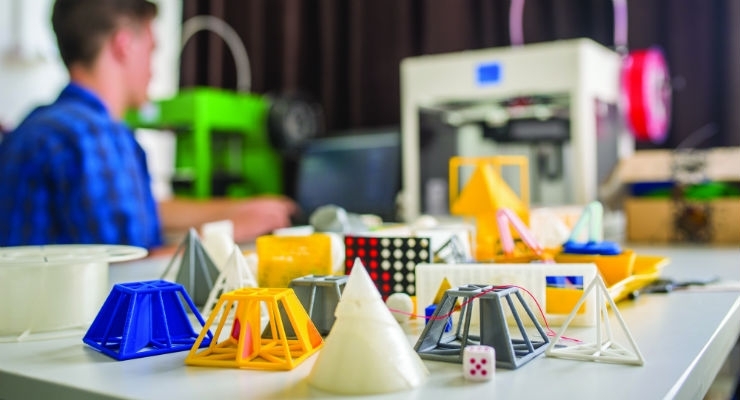
When evaluating products or solutions, forged prototypes fill the gap in the between simulations, 3D models and the manufactured end product. There are two general types of forged prototypes which serve a variety of purposes: soft and hard metal. Soft prototypes are made from materials such as wood, foam, and plastic, and are not suitable for functional testing. As their name implies, hard metal prototypes are made from metal. Their usefulness as functional testing pieces of equipment depends on the extent to which their critical properties are like those of the forged end product.
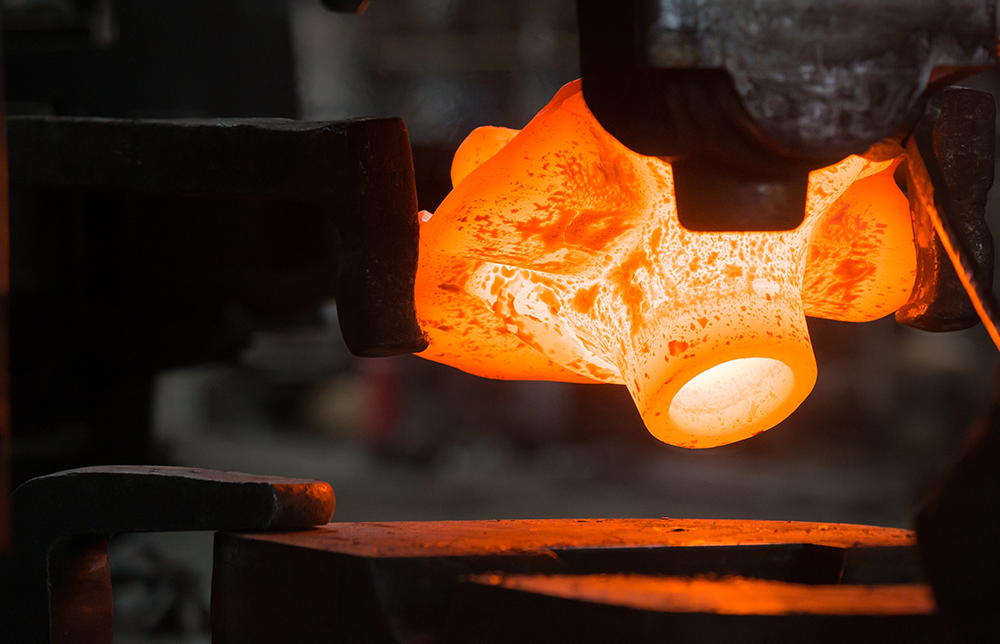
In the end, the only way to produce a prototype that has the same properties as the forging is by forging with production tools. The cost and lead time associated with the procurement of forging tools or may be prohibitive, making this method unfeasible in some cases. Employing alternate processes, the selection of the correct prototyping process is driven by the following factors:
- The selected forging process
- The purpose of the prototype
- The properties of the end product to be evaluated
In-house prototypes vs. outsourcing
In-house forging and prototyping obviously makes the most sense when parts that are not overly complex, prototypes are easy and inexpensive to create, and analytical skills are present in a design team and an organization.
For complex forged parts, or where proof of concept is of significant importance, it often pays to outsource prototyping to an engineering firm such as a foundry or custom forger that specializes in the discipline.In selecting such a firm, it is important that it is willing able to actively collaborate and assist with design and the finished product.
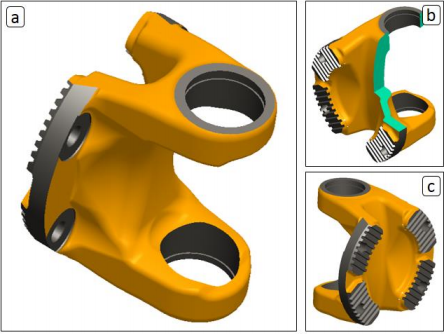
Open Die Forgings
Open die forgings are generally made in low quantities with minimal or no cost for special tools. Prototypes are usually forged and machined by the same processes as the production parts.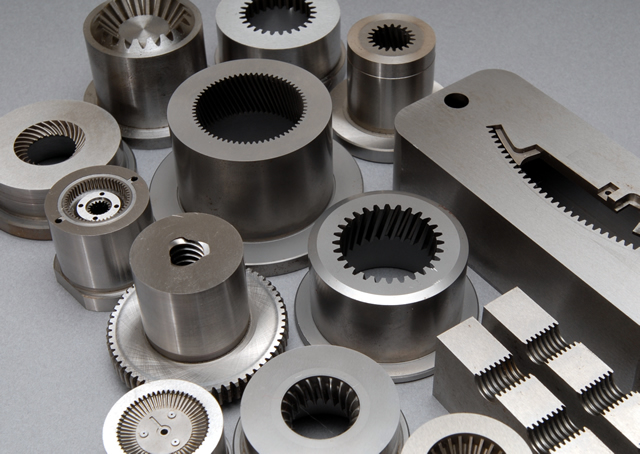
Rolled Ring Forgings
Rolled rings can usually be made from standard tools. Where standard tools are not available, the rings may be rolled to the approximate configuration and machined to the final shape. Grain flow is usually circumferential, so that performance is not affected by machining operations.
Prototyping – Costs vs. Savings
Prototyping complex parts, or creating prototypes that are used to analyze or demonstrate interactions between parts can be expensive. The cost savings in doing so can nevertheless be significant when the overall life cycle of the part is taken into account. Prototyping can make it much easier to optimize a part in terms of form, fit, and function. Savings can be realized during design, during manufacturing, and on into the operational and maintenance phases of the life cycle.
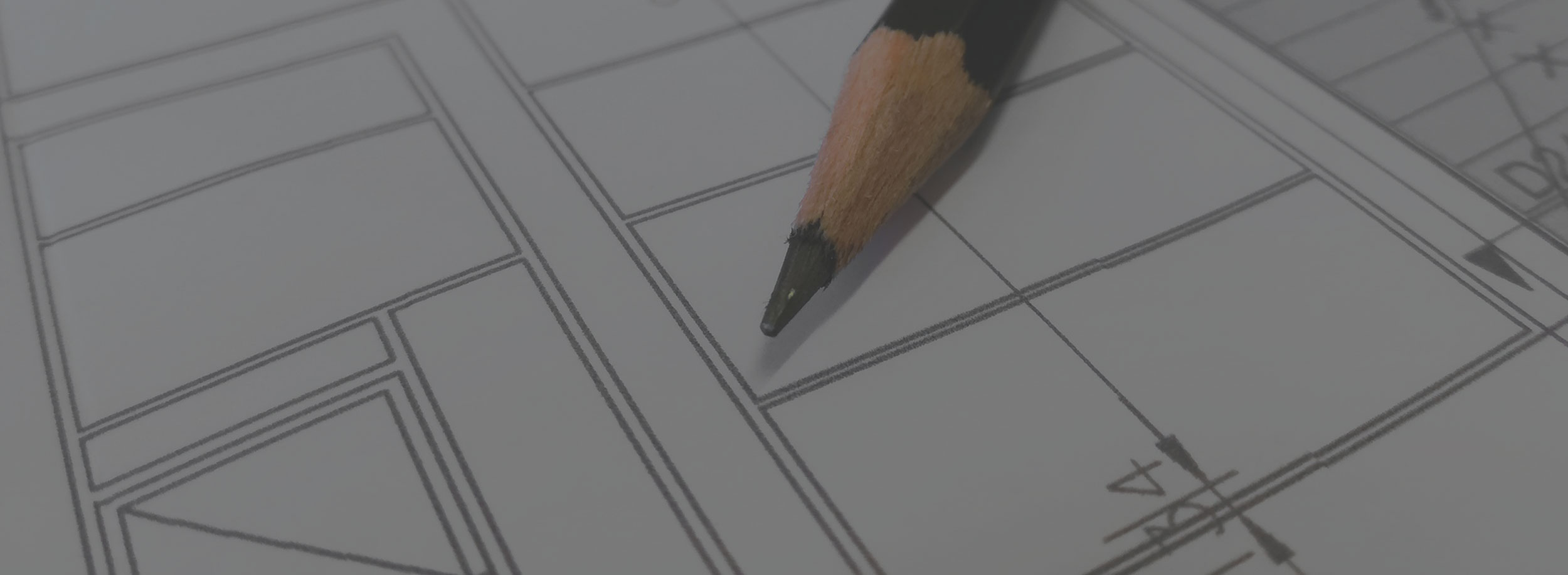
At Canton Drop Forge, quality forgings begin in the engineering and product development department, where our expert engineers set us apart. After we receive your drawings, sketches, actual parts or computer-generated models of desired products, our team gets to work. Using the latest in technology and design and engineering software programs, our highly-skilled engineers are able to enhance and bring to life these drawings or models. This technical expertise, combined with thoughtful one-on-one customer dialogue, ultimately results in the production of custom and standard forgings that adhere to the strictest design requirements.
Our customers enjoy more precise prototypes, faster turnaround time, and improved cost-effectiveness because of our ability to optimize our engineering resources and design capabilities with our drop forging and open die forging capabilities.
Looking for a custom forging solution? We provide customized forging solutions to our customers, not just commodities. Partner with us and see how our in-house design and engineering expertise delivers real value to you!

